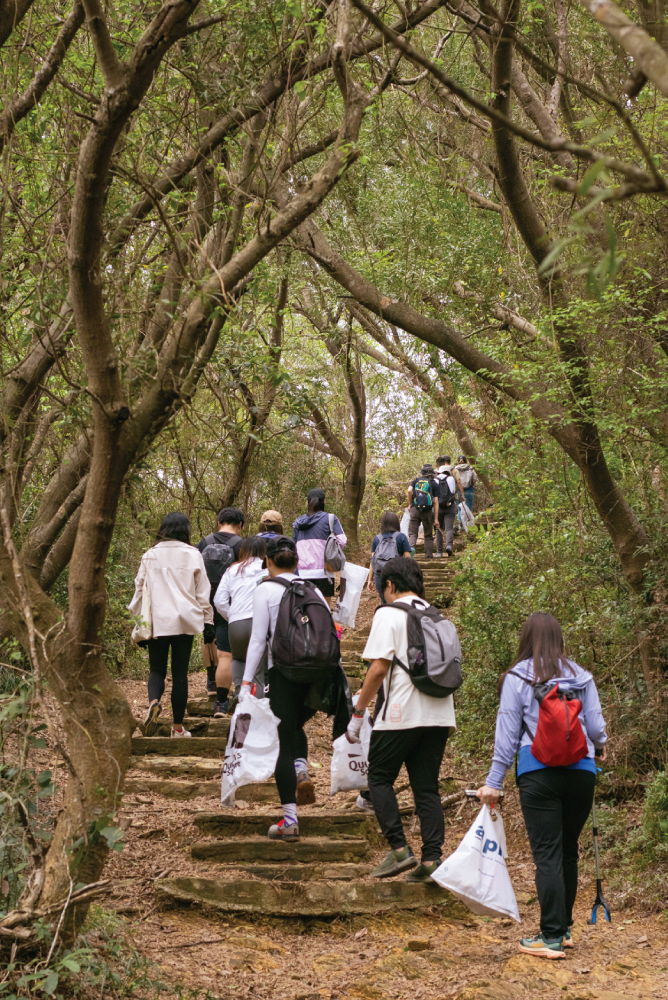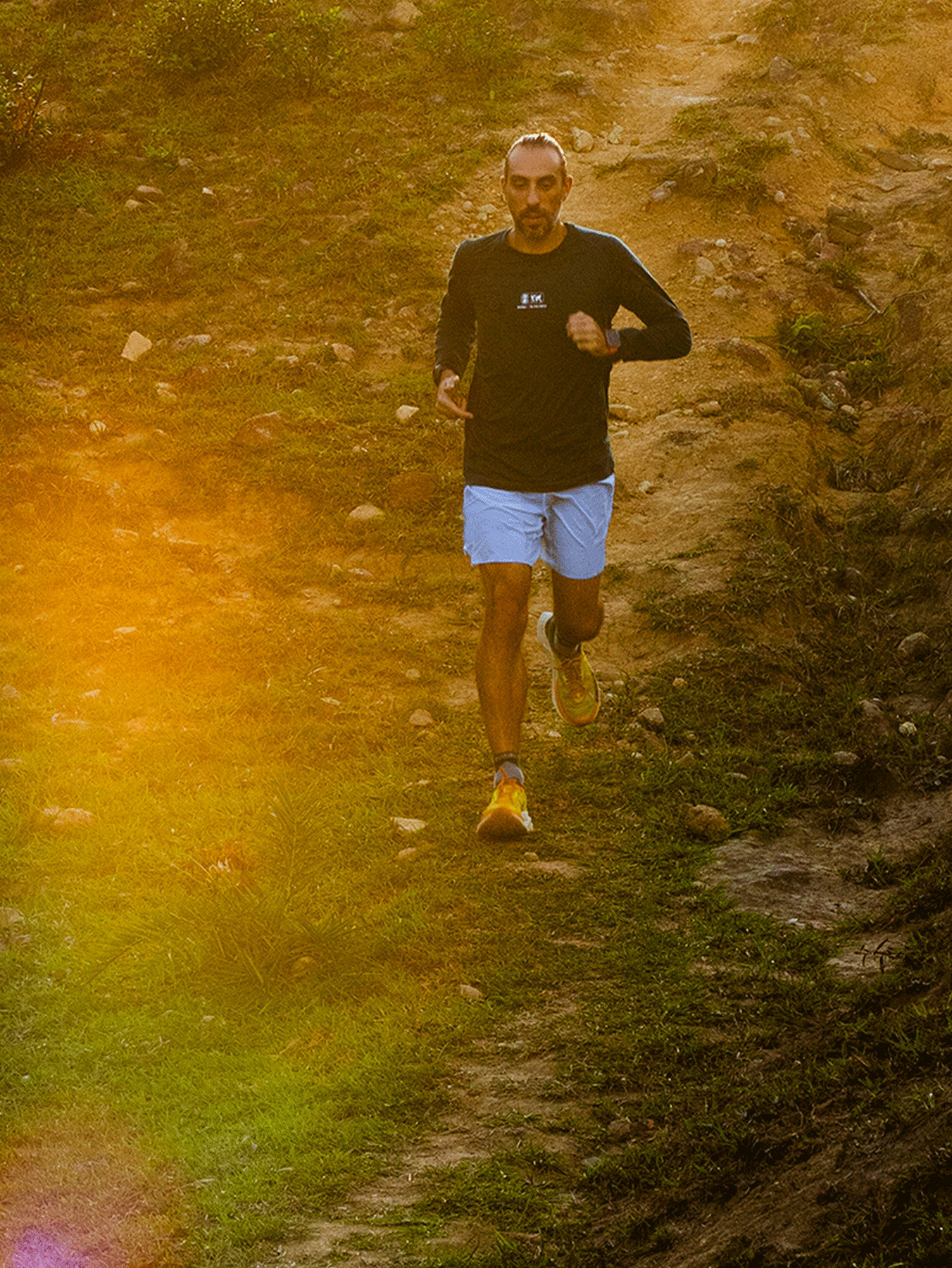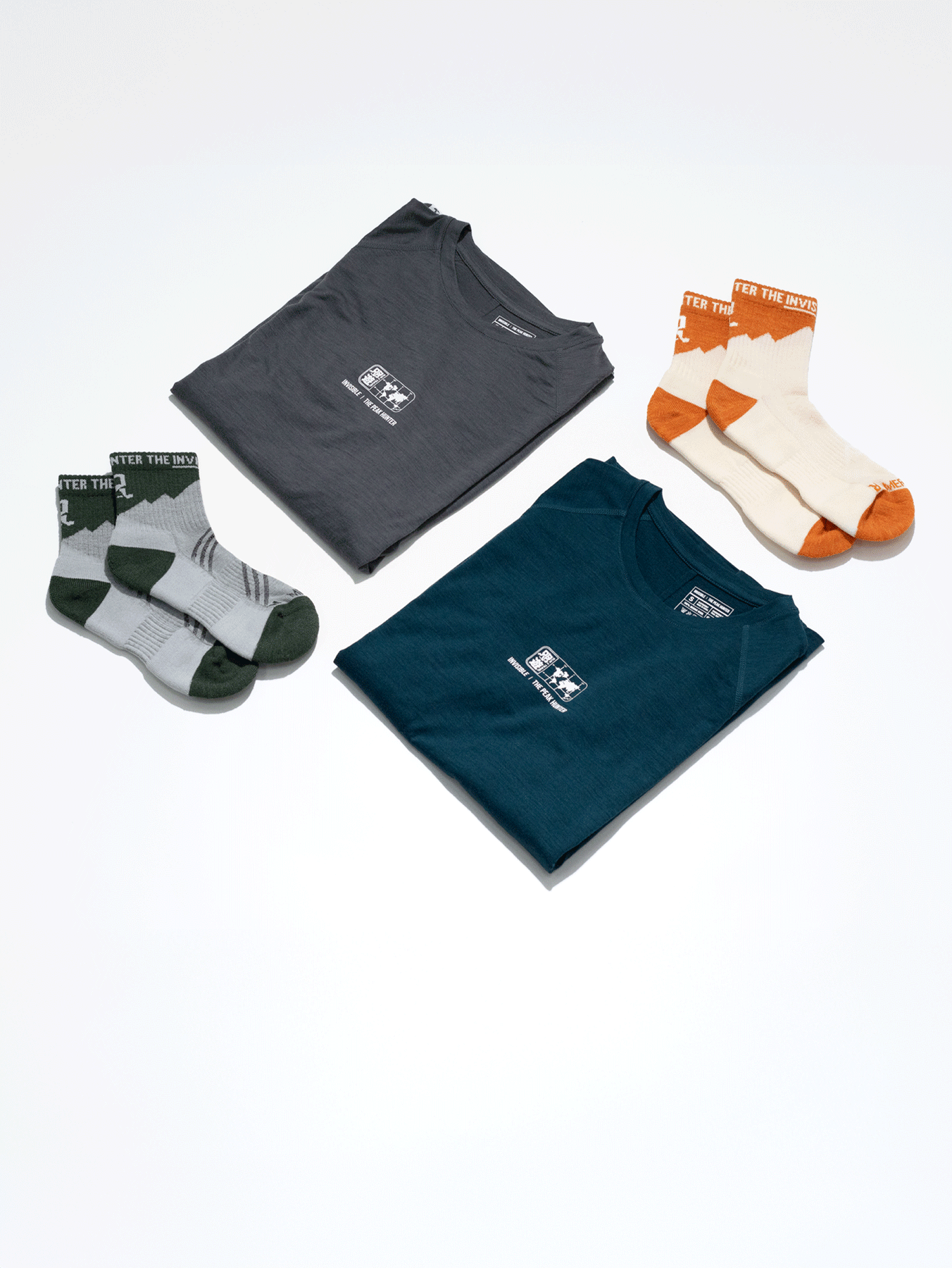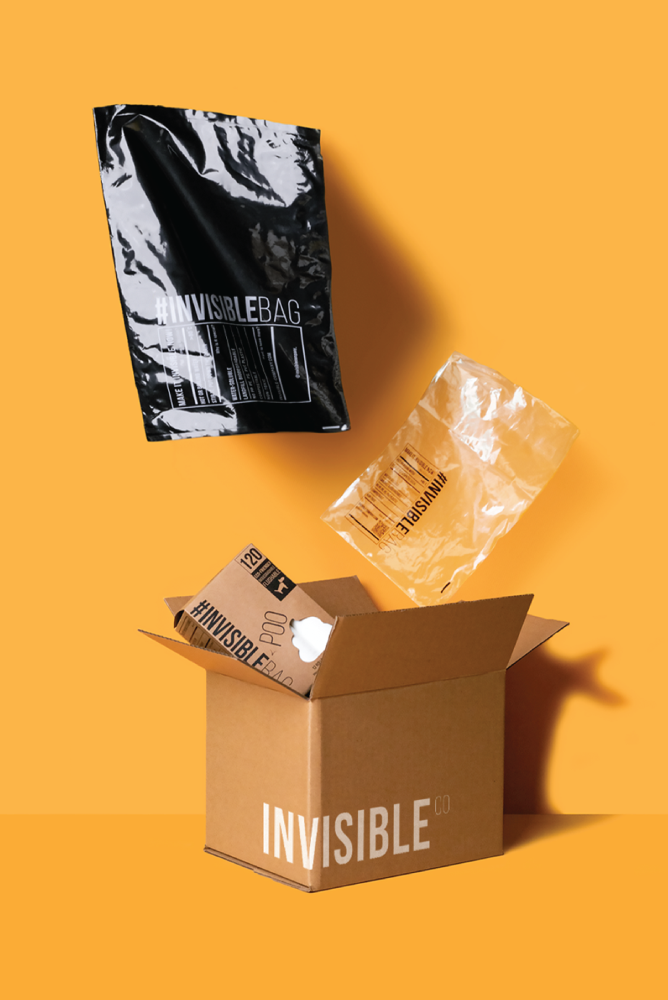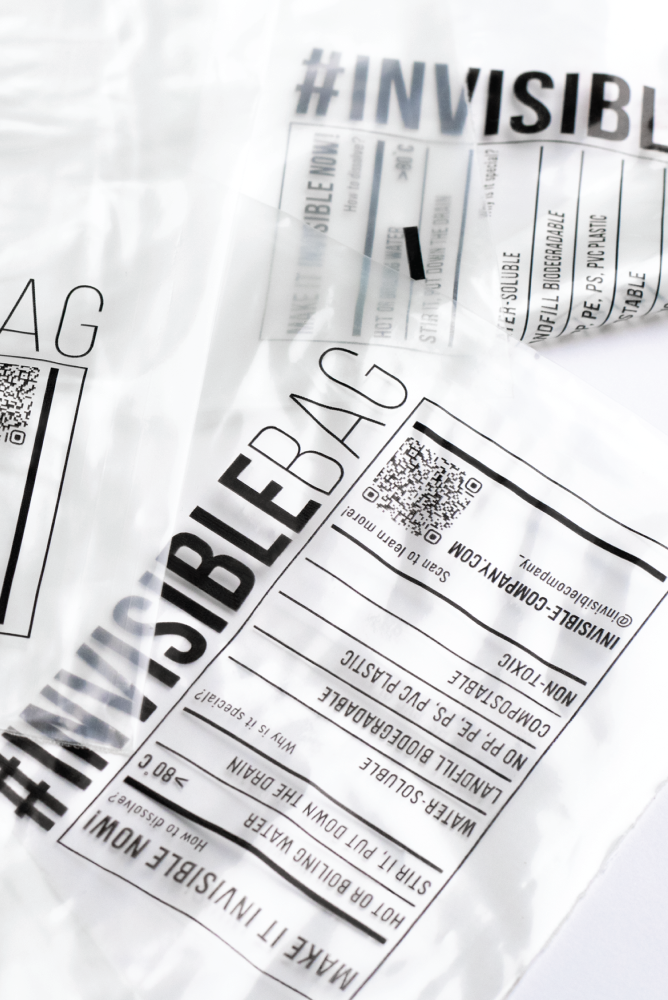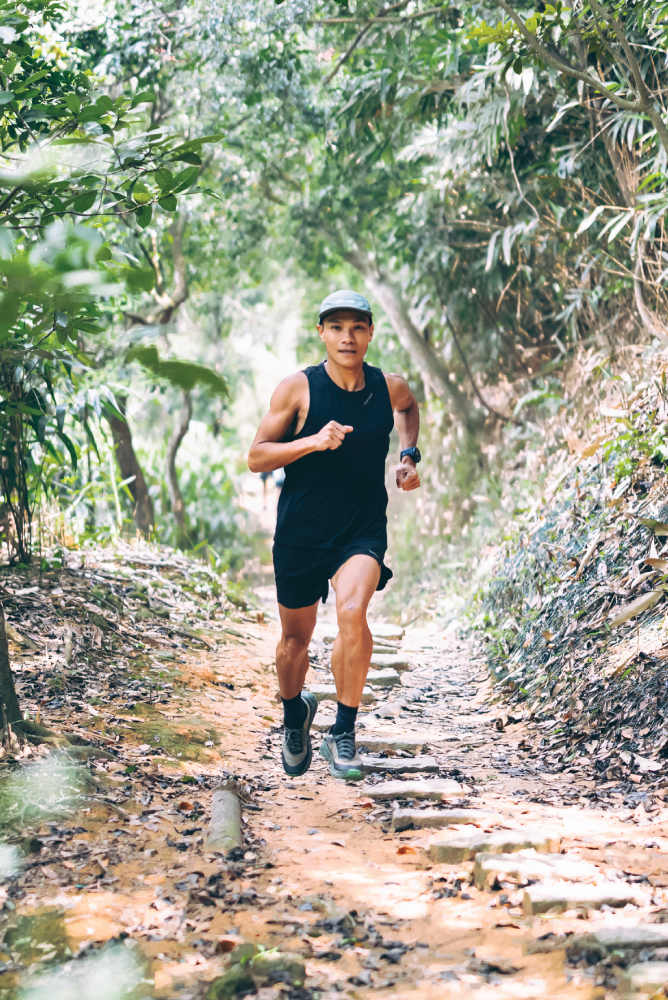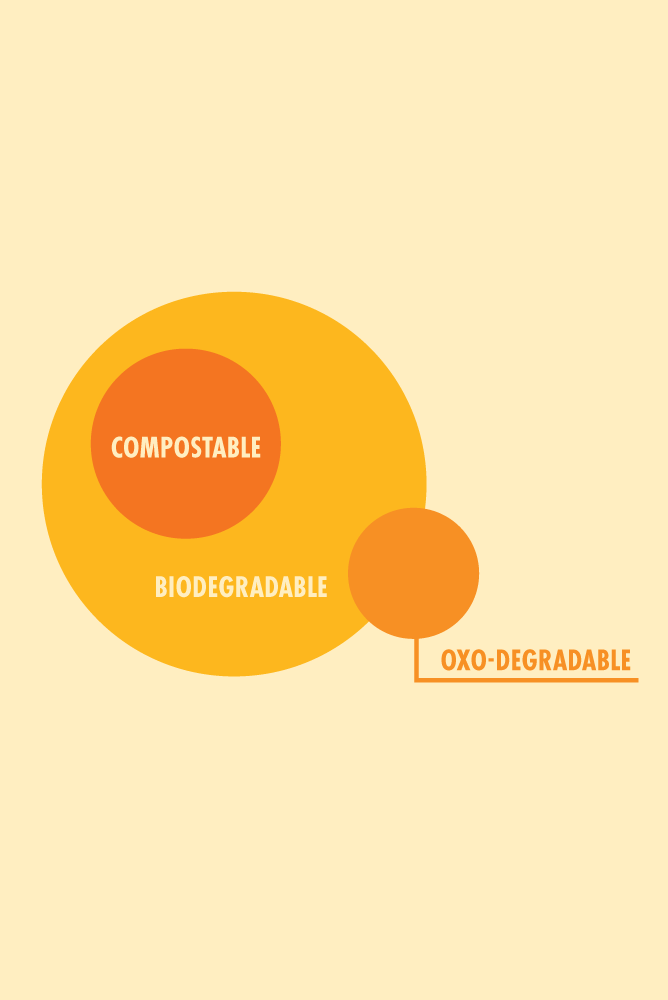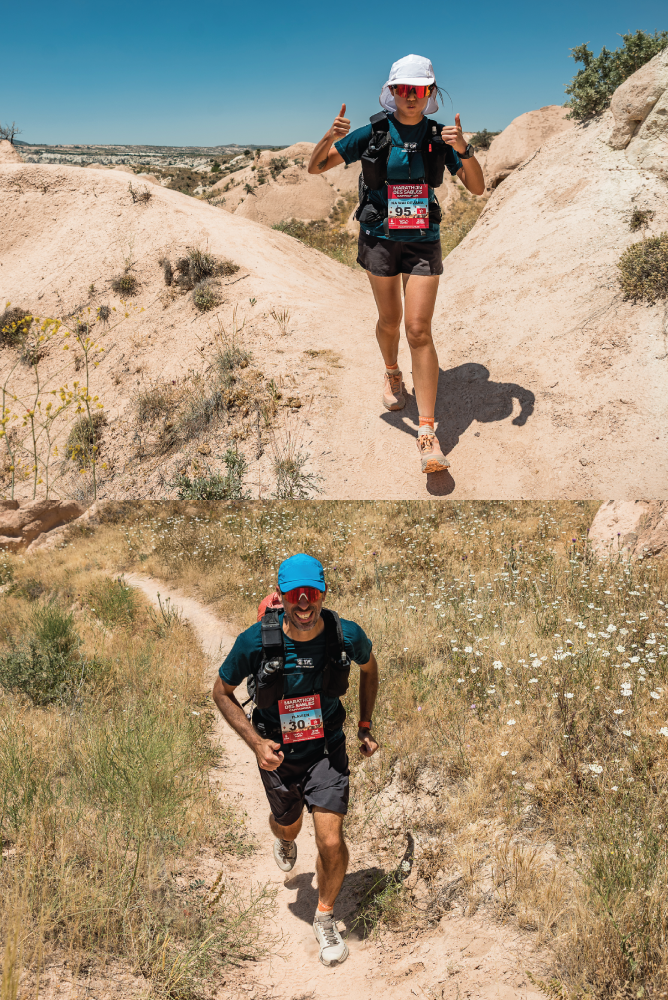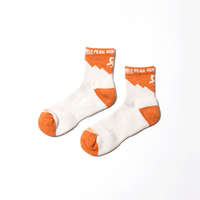Invisible x The Peak Hunter Merino Collection.

We all learned the 3-coloured waste separation bin system in school. But dealing with endless daily packaging waste, is that all we can recycle? Jorch Wong, founder of The Loops Hong Kong, has the answer: No! He shares his journey and reveals that over 40 types of recyclables can be recycled. Let's get started!

Recycling is a lifestyle and attitude.
#1 What is the genesis of The Loops?
My breaking point came in 2018-2019, my residential estate rejected everything I collected at the weekly recycling carnival but plastic bottles, even clean styrofoams and beverage cartons. Since my home in Lam Tin lacked recycling centers, I had no choice but to travel to other districts with a pile of recyclables, and desperately needed a door-to-door solution. In 2019, I quit my advertising job to learn coding and develop an app, and launched the program in Tseung Kwan O by February 2020. Thanks to strong community and media support, we quickly grew from two customers to covering over seven districts.

#2 Who is your offer targeting?
Apart from the one-stop recycling household service, we also provide office recycling and citywide programs. For example, we are partnering with Watsons Hong Kong and P&G for the “Plastic Reborn” container recycling program, setting up collection points across the city to collect two types of plastic personal care containers, including PET and HDPE bottles, every plastic bottle returned to the Watsons stores, customer can earn one Plastic Reborn eStamp. We have also partnered up with Nan Fung Group, collecting the discarded bamboo chopsticks, wooden toys, and more.

Courtesy: The Loops Hong Kong

Courtesy: The Loops Hong Kong
#3 As corporate, what could they do towards sustainability?
Patagonia leads the way with strong vision, while immediate holistic change is challenging for many companies, they must start by implementing an internal take-back program. Companies should focus on collecting their own branded packaging and products first, then scale the program to include office waste, and finally, welcome customers to return any branded containers to achieve a truly comprehensive recycling story.

Patagonia Hong Kong has launched a polyfoam recycling scheme at their retail stores.
#4 How The Loops outstand its offer and make it accessible to public?
Our offering is simple: "All In One" door-to-door recycling. We eliminate the need for carrying bulky items—clients simply place clean, dry recyclables into our provided basket for collection. We cover over 40 different recyclables encountered daily, including wood, ceramics, ice packs, and even unwashed cosmetic containers. Furthermore, we educate consumers on recycling best practices and hacks through engaging content on our apps and social media.
We also launched our rewarding program, "Reward 128," where users receive vouchers from sustainable brands and services, including GreenPrice, Slowood, #INVISIBLEPOOBAG, and the first Hong Kong-made sanitary pad, "La Rosee" (which can detect cervical cancer).



#5 How do you see the consumer’s perception towards recycling since started?
Overall, public awareness of eco-friendly topics has significantly increased since 2018. The government’s planned Municipal Solid Waste (MSW) Charging has already generated active public discussion and heightened awareness, leading citizens to actively seek waste reduction solutions.
For corporate clients, sustainability is now a core part of their ESG goals. Implementing an office recycling program is often the first, easiest, and most cost-effective step. The Loops currently partners with numerous finance and banking organizations for corporate recycling.
We also note clear differences in waste streams: households primarily generate plastic waste and food packaging, while corporations produce vast amounts of paper waste, disposable coffee cups, and specialized items like fluorescent tubes and printer cartridges.
#6 There are many alternatives in the market to replace conventional plastic, how do you see them and distinguish them for recycling?
In my point of view, I categorize alternatives into two key areas: Verifiable Efficacy and Innovative Performance.
Verifiable Efficacy: Many packaging claims are misleading, which complicates recycling efforts. While a solution that doesn't require recycling and fully biodegrades is ideal, we've collected numerous containers—like polyfoam from an ice cream company and disposable bowls—falsely labeled as biodegradable or compostable. We’ve made a 6-months composting test, the result showed that some only use additives to break down faster, but not actually degrade. Since government regulations are currently lacking, brands often use these terms in name only. We must rigorously test and verify claims to ensure the material truly delivers the environmental benefit promised.
Innovative Performance: A great alternative must be innovative without sacrificing the user experience. For example, if upcycled soap performs poorly, repurchase interest drops. Conversely, if an eco-friendly alternative performs well—like a dishwasher soap that cleans effectively while being gentle to the hands and environment—it's a great solution. Similarly, for packaging like #INVISIBLEBAG, if the overall experience is seamless and the design is appealing, more companies are willing to adopt it, ensuring the product is sustainable in both its material and its market viability.

The Loops collected the compostable styrofoam from users, this packaging is now being used for containing ice cream.
#7 What’s your daily action to promote sustainability? And what’s your upcoming plan in 2023?
I am committed to learning daily how to reduce my carbon footprint. For me, bringing my own container and cutlery is already standard practice. I even stopped patronizing a local restaurant when they switched from paper to disposable plastic containers.
On this journey, I prioritize taking action myself. I focus on leading by example—for instance, always bringing back my own beverage cartons for recycling when dining out. Over time, I see friends and family take the initiative to ask if I can recycle for them, confirming that promoting change is a gradual process.
For 2023, we have a clear, ambitious prospect: our target is to achieve at least 50% coverage of residential areas in Hong Kong by the end of the year, starting soon with the Yuen Long District. We believe that within the next five years, public awareness and participation in recycling will turn responsible action into a true lifestyle and attitude.

#8 Any fun / memorable stories?
We have many users who are new mothers. Collecting items from infant milk powder tins to wooden toys, it often feels like I'm witnessing a child's entire growth journey! I even had one user who started by handing me recyclables while carrying her baby; years later, the grown-up child took over the job. Before they immigrated, they invited me to dinner—a truly memorable experience that I would never have had in the advertising field.
